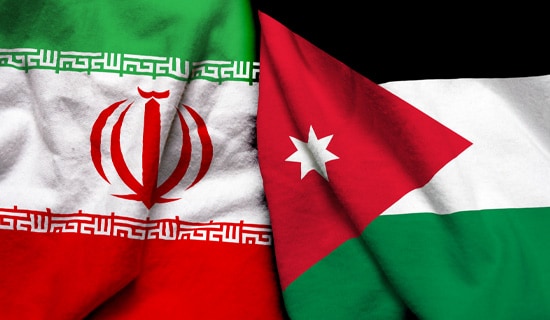In an article in the Syrian government daily Teshreen,[1] former Syrian information minister Dr. Mahdi Dakhlallah pondered the fact that the "small" Gulf states had developed and modernized, while the countries that had been in the forefront of the Arab world in the 1960s, such as Syria, Lebanon, Egypt, and Iraq, had stayed behind.
The following are excerpts from the article:
"In the early 60s, if a person took a taxi in Kuwait or in one of the tiny Gulf states, he would hear on the radio a Syrian, Lebanese, or Egyptian song. Today, if one takes a taxi in Damascus, Cairo, or Beirut, he will hear a song from the Gulf [states]. How did this come about?
"This example symbolizes the difference between two modes of existence that prevail in the Arab countries – that of the little 'tigresses' of the Gulf, [i.e.] the UAE, Kuwait, Qatar, and Bahrain, and that of the countries that have stepped onto the path of revival through imitating the West, i.e. Syria, Lebanon, Egypt, and Iraq.
"To highlight this contrast, I will present 10 questions:
"1. Why has the Arab cultural and media [primacy] passed from the Nile, Syria, and Mesopotamia to the tiny Gulf states?
"2. Why are books published in 50,000 copies in Kuwait, but in [only] 3,000 copies in Damascus?
SUPPORT OUR WORK

"3. Why are state-of-the-art satellite stations being set up in Qatar and Dubai, but not in Beirut, Damascus, or Cairo?
"4. Why is the city planning in the Gulf states perfect, while Beirut, Damascus, and Cairo look like large villages or regions that are chaotic and far from perfect?
"5. Why are the streets of Dubai, Abu Dhabi, Doha, and Manama sparkling clean despite the water shortage, while in the streets and on the pavements of Beirut, Damascus, and Cairo one can find anything but hygiene?
"6. Why do large projects in Dubai and other cities [of the Gulf states] take only a few months [to complete], while small-scale construction plans in the three cities of [glorious] tradition begin in one century and end in the next...[?]
"7. Why must Syria, Lebanon, and Egypt always import modern knowhow from Qatar or UAE, when the population of the latter is no larger than that of a small neighborhood in Cairo?
"8. Why have the Gulf states managed to adapt themselves to the technological and social reality of modern times, while at the same time preserving their traditional Arab culture (e.g. dress), while Syria, Lebanon, and Egypt have adopted only trousers, shirts, and ties?
"9. Why does every European dream of visiting Dubai, while Egypt, Syria, and Lebanon fruitlessly chase after tourists, notwithstanding their remarkable cultural heritage?
"10. There is yet another question, but I am ashamed to ask it.
"There may be answers to these questions – albeit I am not sure whether they are convincing or not. At any rate, I believe that our problem – whether in Syria, Lebanon, or Egypt – is that we have forfeited the wisdom of desert nomads, without having caught up with the rational and modern ways of the West."
Endnote:
[1] Teshreen (Syria), June 11, 2008.




